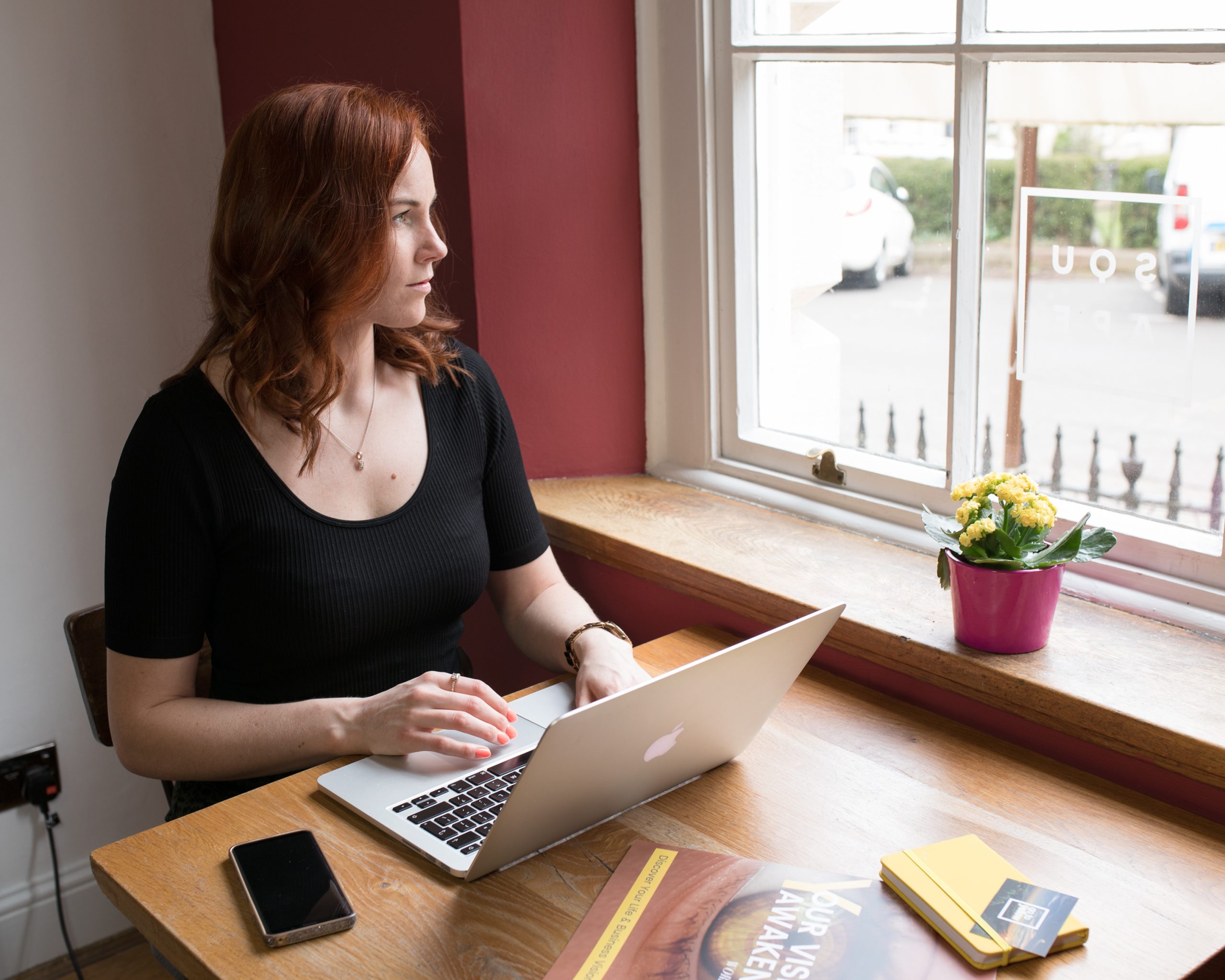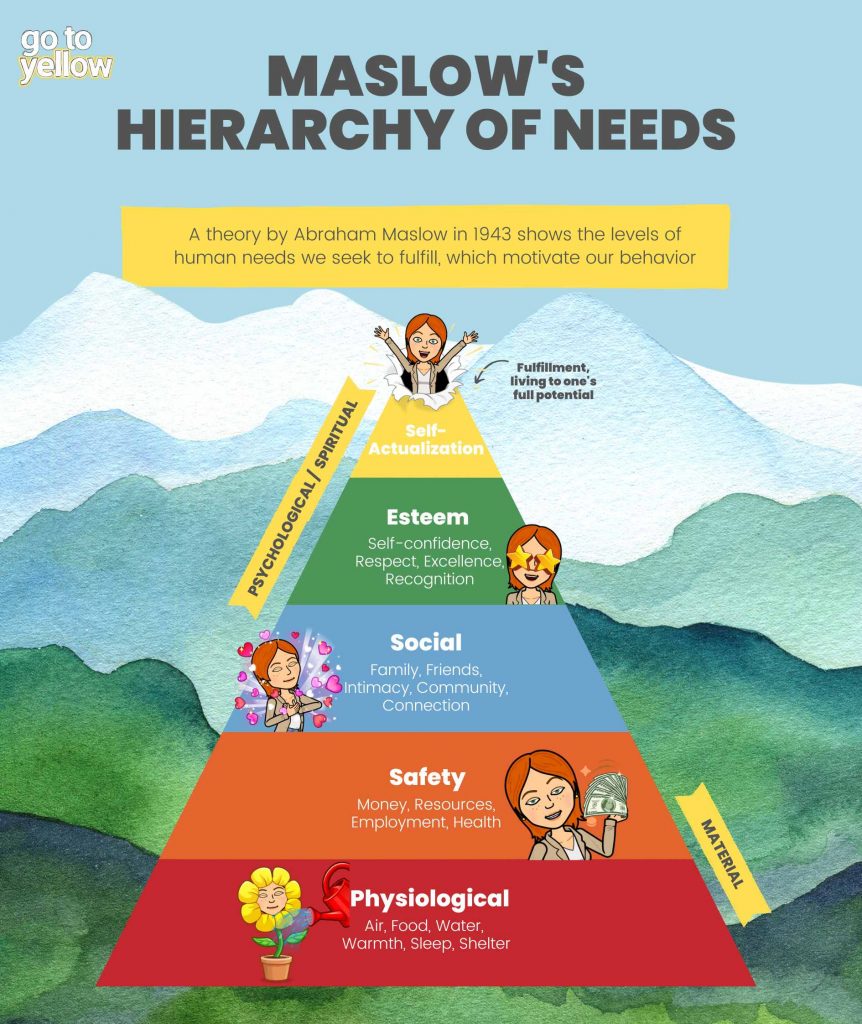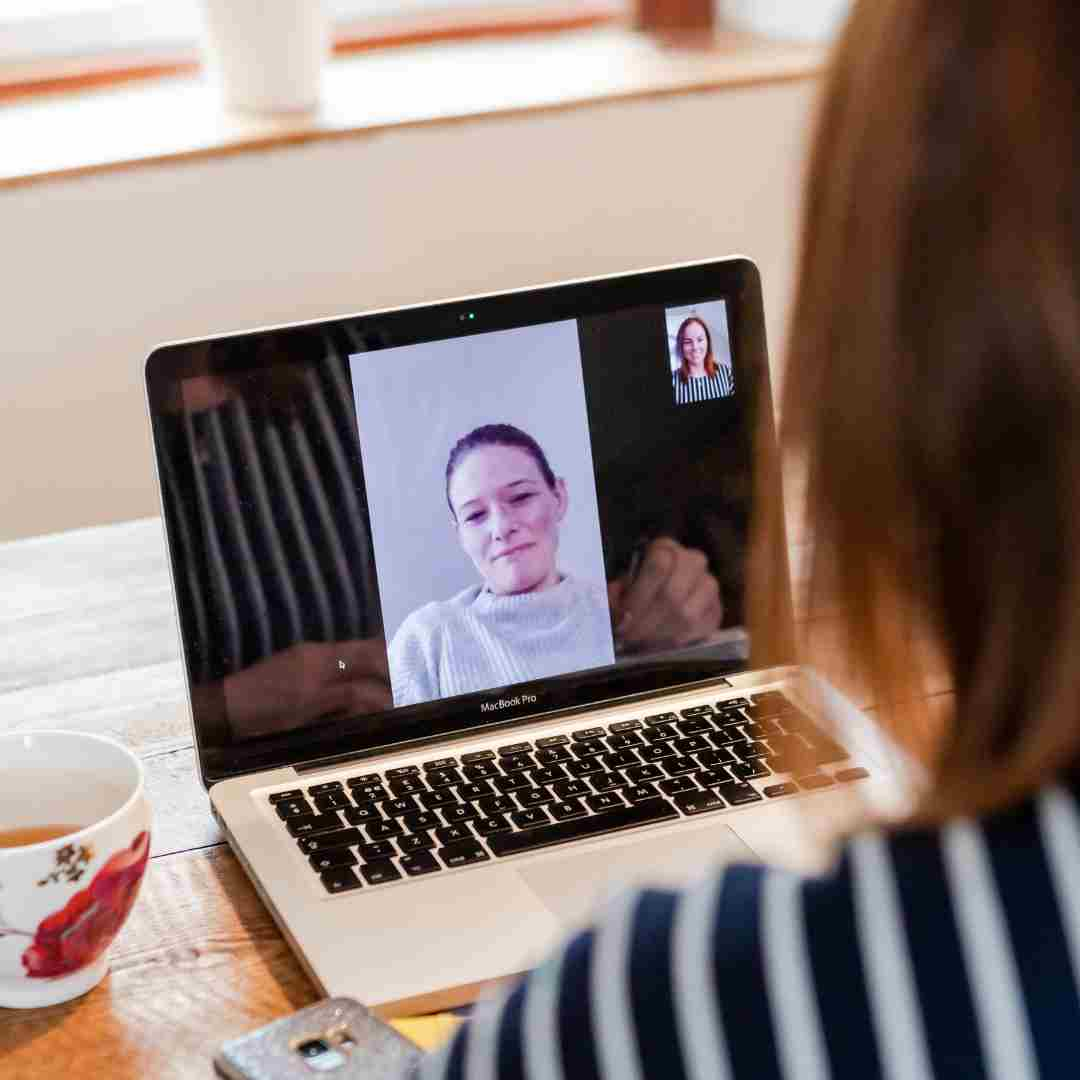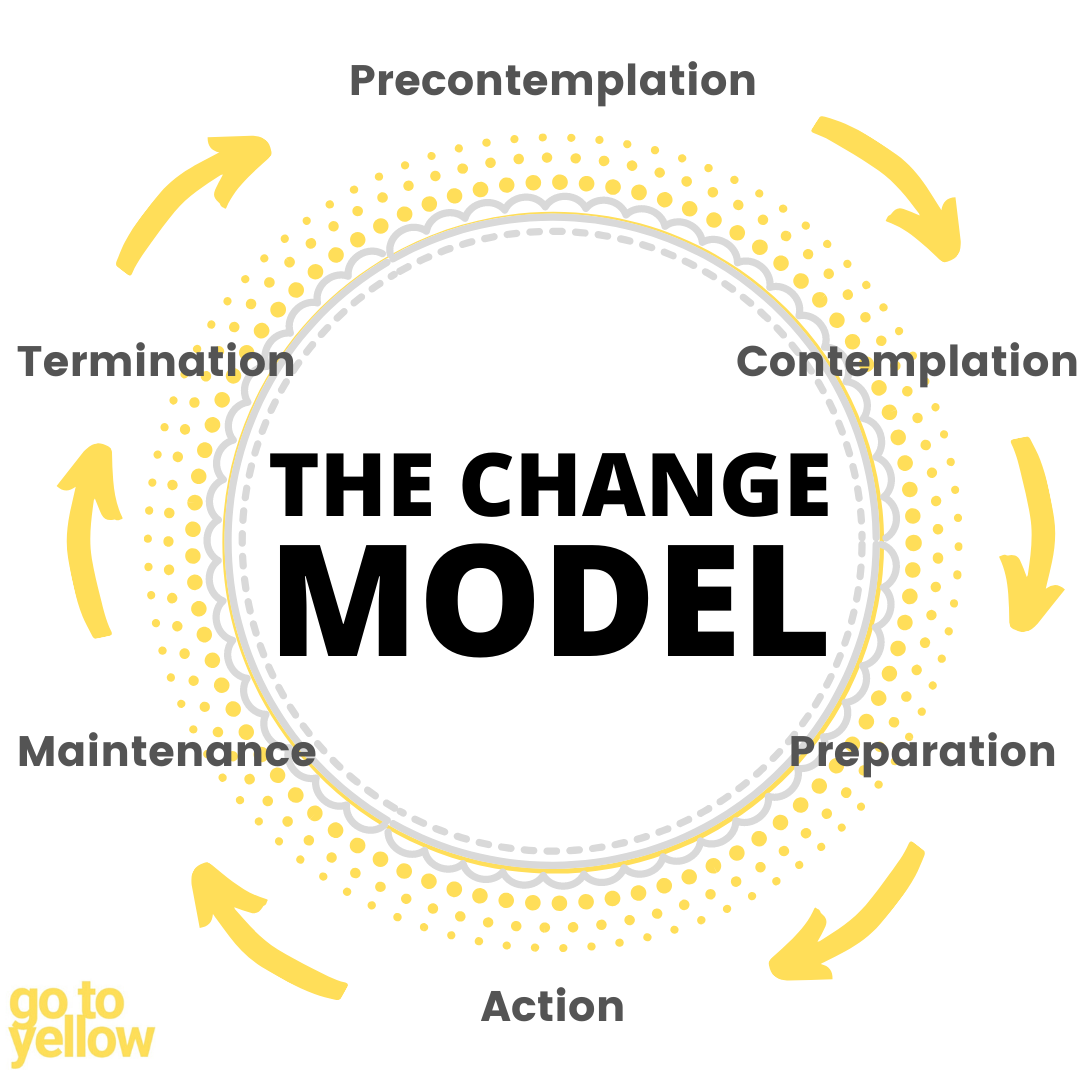
Redefining Success | Resorting Life Balance
Unlocking the Secret: The Vital Difference Between Mental Illness and Brain Health!
As we continue to learn more about the complexities of the human brain, the distinction between mental illness and brain health becomes increasingly important. While the two are often used interchangeably, they refer to different aspects of our mental wellbeing. Mental illness is a condition that affects a person’s thinking, feeling, or behaviour and may interfere with their ability to function in daily life. Brain health, on the other hand, refers to the overall health and functioning of the brain, including its ability to process information, regulate emotions, and maintain physical health.
Understanding the difference between mental illness and brain health is crucial for anyone seeking to improve their mental wellbeing. While mental illness is a specific condition that requires treatment, brain health is something that everyone can work to improve. This can include regular exercise, a healthy diet, and engaging in mentally stimulating activities such as reading or puzzles.
It is important to note that mental illness and brain health are not mutually exclusive. A person with a mental illness can still have good brain health and vice versa. We can work towards a healthier, happier life by focusing on both aspects of our mental wellbeing.
What is Mental Illness?
When discussing mental illness, we refer to a wide range of mental health conditions that affect our mood, thinking, and behaviour. According to Dr. Amen, a renowned psychiatrist, mental illness can be caused by genetics, brain chemistry, and life experiences.
Symptoms of Mental Illness
Some common symptoms of mental illness include:
- Feeling sad or down
- Excessive worry or fear
- Extreme mood changes
- Difficulty concentrating
- Withdrawal from friends and activities
- Difficulty sleeping or sleeping too much
If you or someone you know is experiencing any of these symptoms, seeking help from a qualified mental health professional is important.
Types of Mental Illness
There are many types of mental illness, each with its own symptoms and treatment options. Some common types of mental illness include:
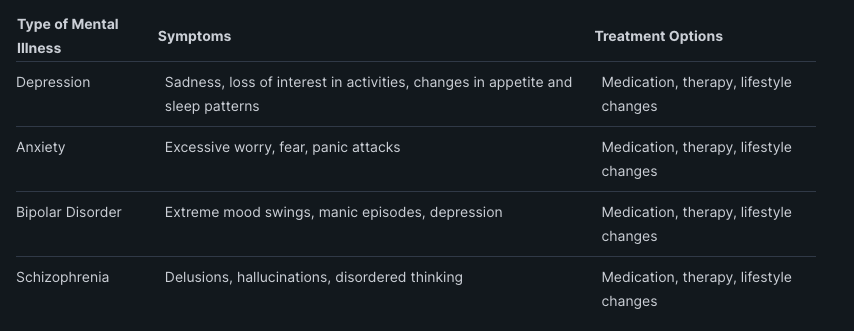
It is important to remember that mental illness is a treatable condition. With the help of qualified professionals like Dr. Uma Naidoo, a psychiatrist and nutrition specialist, and a combination of medication, therapy, and lifestyle changes, people with mental illness can lead happy and fulfilling lives.
What is Brain Health?
When we talk about brain health, we are referring to the overall wellbeing of our brain. This includes its structure, function, and ability to perform daily tasks. A healthy brain is essential for good mental health, cognitive function, and overall quality of life.
Factors that Affect Brain Health
Several factors can affect brain health, including:
- Diet
- Exercise
- Sleep
- Stress
- Environmental toxins
According to Dr. Amen, a renowned psychiatrist and brain health expert, “The food you eat, the air you breathe, the thoughts you think, and the toxins you’re exposed to all affect your brain.”
Dr. Uma Naidoo, a Harvard-trained psychiatrist and nutrition expert, emphasises the importance of a healthy diet for brain health. She states that “the food we eat has a direct impact on our brain function, including our mood, memory, and cognitive abilities.”
Importance of Brain Health
Having good brain health is crucial for our overall wellbeing. A healthy brain allows us to think, make good decisions, and easily perform daily tasks. It also helps us to maintain good mental health and prevent cognitive decline as we age.
By taking care of our brain health through a healthy diet, regular exercise, and other lifestyle factors, we can improve our mental and physical health and live a happier, more fulfilling life.
The Difference between Mental Illness and Brain Health
When it comes to mental health, there is often confusion between mental illness and brain health. While they are related, they are not the same thing. Mental illness refers to conditions that affect a person’s thinking, feeling, mood, or behaviour. At the same time, brain health is being free from disease or damage and having optimal cognitive, emotional, and social functioning.
How Mental Illness Affects Brain Health
Mental illness can have a significant impact on brain health. According to Dr. Amen, a renowned psychiatrist and brain health expert, mental health disorders can cause changes in brain function and structure, leading to long-term damage if left untreated. For example, depression has been linked to a decrease in the size of the hippocampus, a part of the brain responsible for memory and learning.
Furthermore, mental illness can also affect neurotransmitters, the chemical messengers in the brain that regulate mood, behaviour, and cognition. Imbalances in neurotransmitters can lead to various mental health disorders, including depression, anxiety, and bipolar disorder.
How to Maintain Good Brain Health
While mental illness can have a negative impact on brain health, there are steps we can take to maintain good brain health. According to Dr. Uma Naidoo, a nutritional psychiatrist, a healthy diet is essential for optimal brain function. A diet rich in fruits, vegetables, whole grains, and healthy fats can provide the nutrients and antioxidants needed to protect the brain from damage and promote healthy brain function.
Regular exercise is also important for brain health. Exercise has been shown to increase blood flow to the brain, promote the growth of new brain cells, and improve cognitive function. Additionally, getting enough sleep, managing stress, and engaging in activities that challenge the brain, such as learning a new skill or playing a musical instrument, can also help maintain good brain health.
Overall, while mental illness and brain health are not the same things, they are closely related. Maintaining good brain health can reduce the risk of developing mental health disorders and promote overall wellbeing.
Conclusion
After extensive research and analysis, we have concluded that mental illness and brain health are two distinct concepts often misunderstood and conflated.
While mental illness refers to a range of conditions that affect a person’s thinking, feeling, mood, or behaviour, brain health encompasses the overall wellbeing of the brain, including its structure, function, and performance.
It is important to note that mental illness is not a result of poor brain health or a sign of weakness or personal failure. Rather, mental illness is a complex and multifaceted condition that can arise from various factors, including genetic predisposition, environmental stressors, and traumatic life experiences.
As Dr. Amen and Dr. Uma Naidoo have noted, taking care of our brain health is essential for maintaining our overall physical and mental wellbeing. This includes adopting healthy lifestyle habits, such as regular exercise, a balanced diet, adequate sleep, and seeking professional help when necessary.
By understanding the difference between mental illness and brain health, we can better appreciate the complexity of the human brain and the importance of taking care of it. Let us strive to promote brain health and destigmatise mental illness, so that we can all lead happier, healthier lives.

Tammy Whalen Blake
Founder of go to yellow
Personal Development Coach
Hear what others have to say...
client success stories








